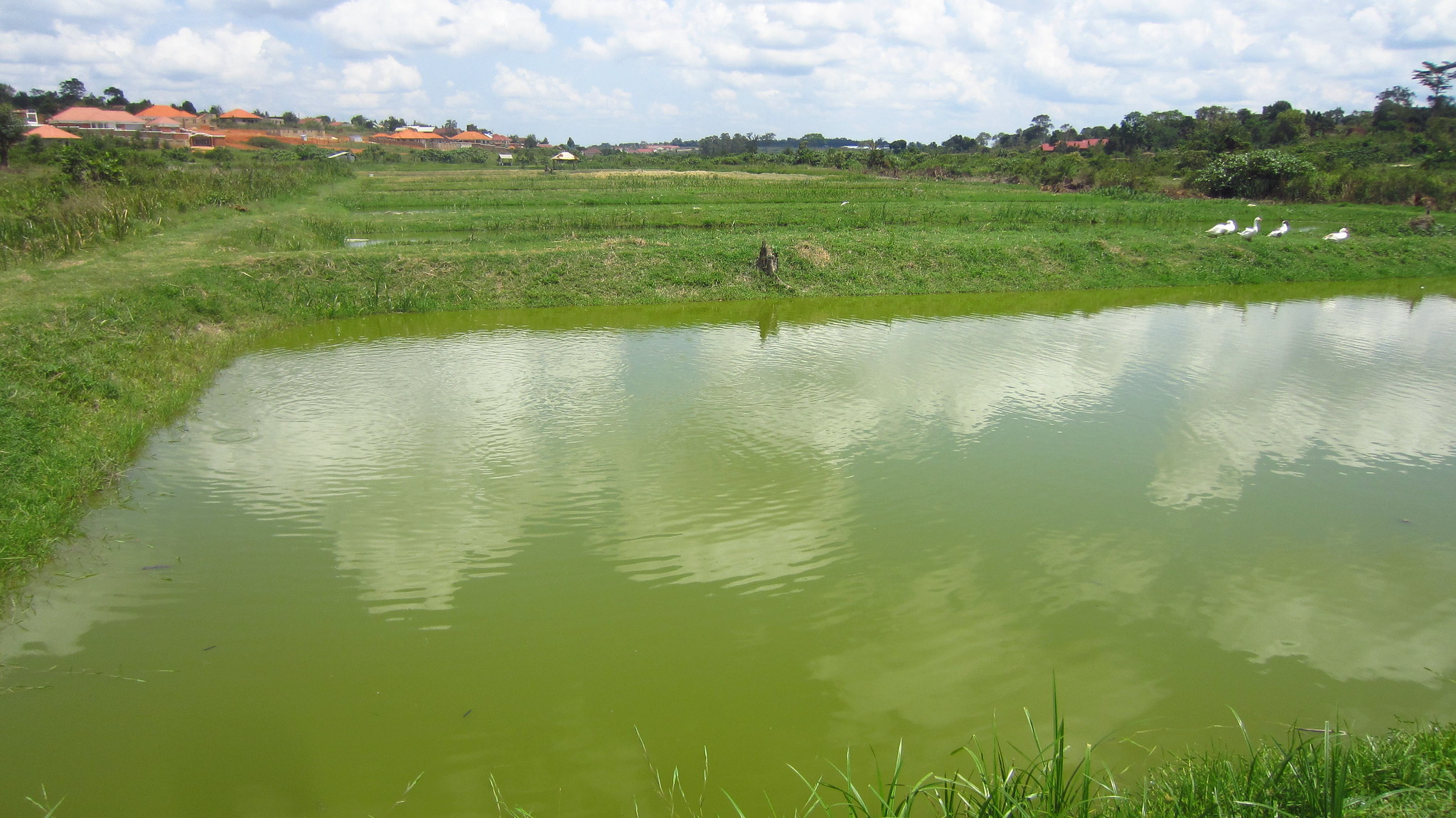Contact Details:
Kelly Thornber (k.thornber@exeter.ac.uk) and Charles R. Tyler (c.r.tyler@exeter.ac.uk) Biosciences, University of Exeter, Geoffrey Pope Building, Stocker Road, Exeter EX4 4QD, UK.
Background
Antimicrobial resistance (AMR) is a growing threat to global public health, and the overuse of antibiotics in animals has been identified as a major risk factor. With high levels of international trade and direct connectivity to the aquatic environment, shrimp aquaculture may play a role in global AMR dissemination. The vast majority of shrimp production occurs in low‐ and middle‐income countries, where antibiotic quality and usage is widely unregulated, and where the integration of aquaculture with family livelihoods offers many opportunities for human, animal and environmental bacteria to come into close contact. Assessing the scale of the risk of AMR dissemination in the shrimp industry is a considerable challenge because obtaining reliable data on antibiotic usage is very difficult. Combating the risks associated with AMR dissemination is also challenging due to the increasing trend towards intensification and its associated disease burden, and because many farmers currently have no alternatives to antibiotics for preventing crop failure. In this review, we critically assess the potential risks the shrimp industry poses to AMR dissemination and discuss some of the possible risk mitigation strategies that could be considered by the shrimp industry as it strives for a more sustainable future in production.
Overview
This review aimed to evaluate the current understanding of the role of the shrimp aquaculture industry in the emergence and dissemination of AMR by highlighting the socioeconomic, political and cultural aspects of AMR risks and outlines the major challenges that must overcome in order to mitigate these risks.
Research Impact
The review critically assesses the potential risks the shrimp industry poses to AMR dissemination. Also discussed are the possible risk mitigation strategies to be considered by the shrimp industry for a sustainable future in production.
Researchers
Kelly Thornber 1,2, David Verner-Jeffreys1,3, Steve Hinchliffe1,4, Muhammad Meezanur Rahman5, David Bass1,3, and Charles R. Tyler1,2
Institutions Involved
1 Centre for Sustainable Aquaculture Futures, University of Exeter, Exeter, UK
2 Biosciences, University of Exeter, Exeter, UK
3 Centre for Environment, Fisheries and Aquaculture Science, Weymouth, UK
4 Department of Geography, University of Exeter, Exeter, UK
5 WorldFish Bangladesh, World Fish Bangladesh Office, Dhaka, Bangladesh
Funding
This work was supported by a
- BBSRC-funded Daphne Jackson Fellowship (KT),
- BBSRC-Newton Babba grant (‘Novel molecular approaches for advancing prediction and mitigation of disease outbreaks in aquaculture for small scale farmers
- ESRC grant under the cross UK Research Council ‘Tacking Antimicrobial Resistance’ program
- MMR is supported by the CGIAR Research Program on Fish Agri-food Systems (FISH).
More information
